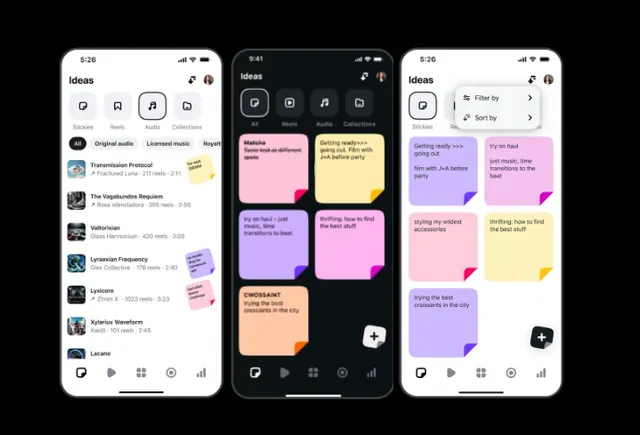How the four-day workweek gained momentum — and could change the future of work
A four-day or shorter workweek is gaining momentum worldwide — a big thanks to the pandemic.

The idea of a four-day or shorter workweek is gaining momentum worldwide — a big thanks to the remote work boom during the Covid-19 pandemic.
A recent study from 4 Day Week Global, a nonprofit group that has been conducting four-day week pilot programs in several countries, found that employees expressed satisfaction with their overall productivity and performance.
"The idea of reducing work time has been around for quite some time," said Charlotte Lockhart, founder and managing director at 4 Day Week Global. "However, it is real now. We have thousands of companies around the world that are actually reducing work time in one way or another."
Shortening the workweek to four days isn't a good fit for every company, however. Alter Agents, a market research company, based in Los Angeles, found it didn't suit their employees.
"What happened after 10 weeks was that our most valuable metrics, which were employee health, and mental health, had declined in our [before and after] survey, " said Rebecca Brooks, CEO at Alter Agents. "There are a lot of reasons for that, but ultimately, the goal was to make our employees' lives easier, and we were making them more complicated."
Watch the video above to learn whether the four-day workweek is what working life will look like in the future.

 Tekef
Tekef 
































